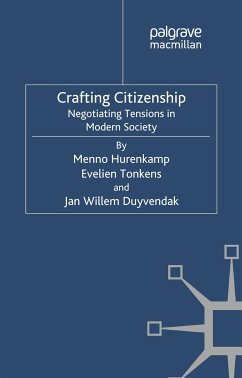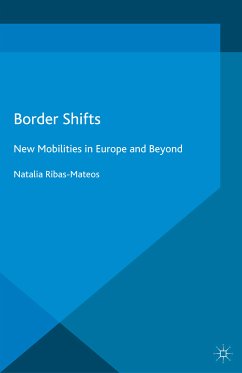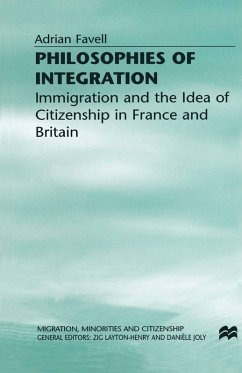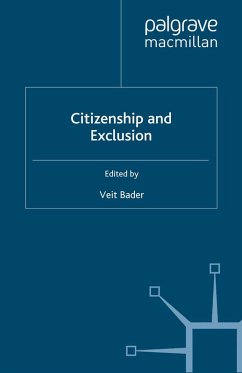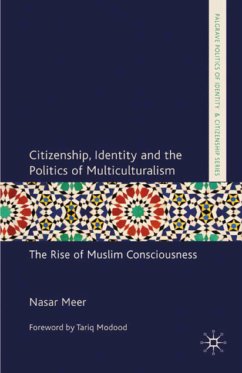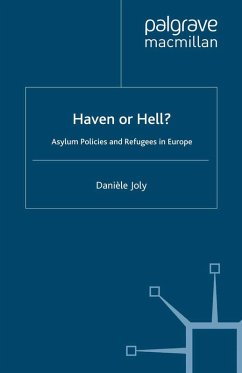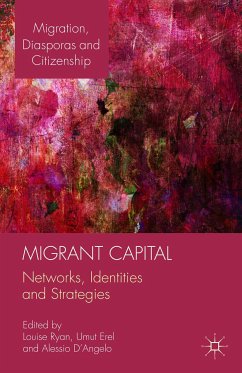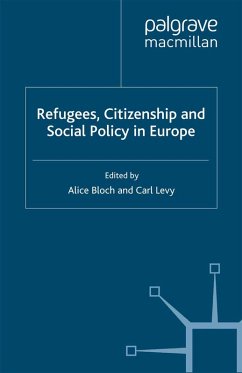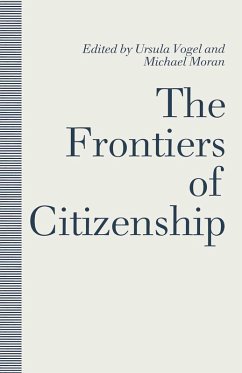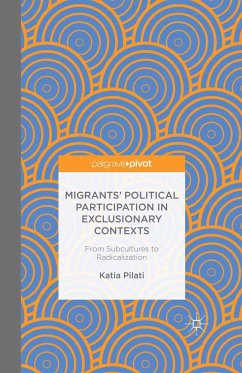
Migrants' Participation in Exclusionary Contexts (eBook, PDF)
From Subcultures to Radicalization
Versandkostenfrei!
Sofort per Download lieferbar
40,95 €
inkl. MwSt.
Weitere Ausgaben:

PAYBACK Punkte
20 °P sammeln!
This insightful book analyzes the political engagement and marginalization of three of Milan's migrant groups, Filipinos, Egyptians and Ecuadorians. Bringing together data relating to the civic and political engagement of individual migrants, and of migrant organizational networks, the result is an examination of the consequences of the political exclusion of migrants, exploring the different ways in which they cope with this predicament. Such exclusion, the author argues, has three major impacts. It can transform migrant groups into political subcultures and engender externally-driven partici...
This insightful book analyzes the political engagement and marginalization of three of Milan's migrant groups, Filipinos, Egyptians and Ecuadorians. Bringing together data relating to the civic and political engagement of individual migrants, and of migrant organizational networks, the result is an examination of the consequences of the political exclusion of migrants, exploring the different ways in which they cope with this predicament. Such exclusion, the author argues, has three major impacts. It can transform migrant groups into political subcultures and engender externally-driven participation, but it can also lead to radicalization.
Dieser Download kann aus rechtlichen Gründen nur mit Rechnungsadresse in A, B, BG, CY, CZ, D, DK, EW, E, FIN, F, GR, HR, H, IRL, I, LT, L, LR, M, NL, PL, P, R, S, SLO, SK ausgeliefert werden.



